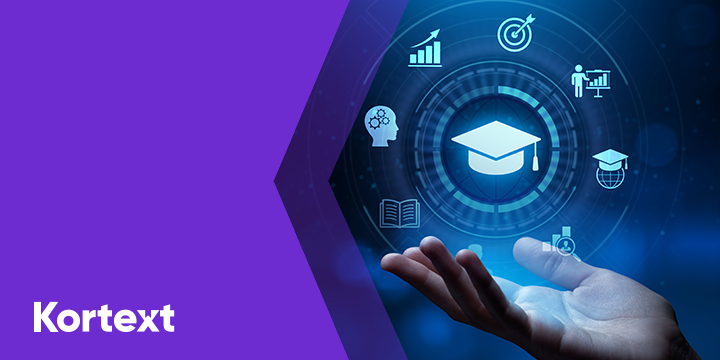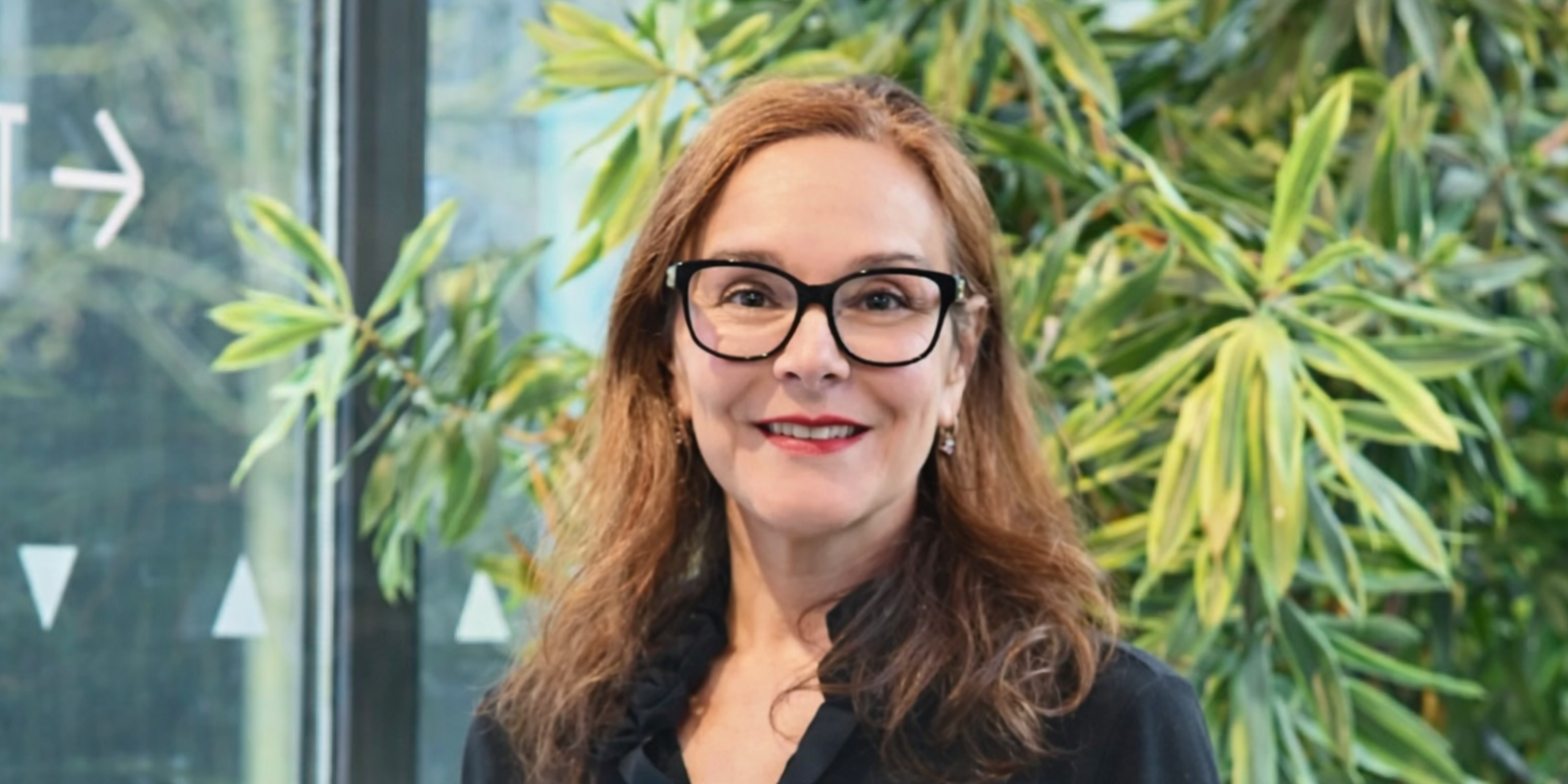Although EdTech isn’t entirely new, the progress and trajectory has been greatly expedited due to the pandemic; just for insight, the industry grew a whopping 72% in the UK in 2020 alone, which is four times larger than any other global average.
With such expansive growth over a small period, there are queries as to whether EdTech is being used to its full advantage. It’s worth noting, every university’s digital ecosystem is different, so adopting new technology can feel daunting – but where the student experience is concerned, when implemented in the right way Ed Tech has the power to take it to the next level.
That said… we can’t help but wonder whether there’s something within the EdTech industry that could offer a solution. We think there is – let’s explore!
Equity of access
As mentioned, EdTech has grown massively in recent years with a vast collection of learning materials now available online.
Not only has EdTech grown in recent years, but so has our understanding of how students work.
For instance, not all students are 18 and living on campus with limited responsibility – the pandemic saw record numbers of mature students applying. With the demographic of university students changing, the content provision needs to change to reflect this.
By integrating digital content from providers such as Kortext into your institution’s tech stack, you can provide your students with content that will allow access anytime, anywhere, on any device to suit their lifestyles.
Furthermore, utilising EdTech can also help institutions make the most of their budgets without the constant need to replace damaged, lost or stolen materials.
Speaking of access… Do you know about Kortext’s Open Resource Collection (KORC)?
Diversity, equity and inclusion
It’s great to see that the number of students entering higher education from ethnic backgrounds is on the rise, but is the content provision at your institution representative and do you have the right supportive technology?
EdTech can help improve diversity and inclusion in many ways, such as:
Removing barriers
EdTech can remove barriers for students and academics, allowing for a global approach to blended learning. This means that students can attend lectures from wherever they may be in the world and still receive world-class education.
As well as this, students may also experience lectures from academics in other countries, cultures and environments which will help to provide a world view of their topics.
Decolonise of the curriculum
Following NUS’s ‘Why is my curriculum white?’, we explored decolonisation of the curriculum back in March, uncovering our findings, the benefits of decolonising the curriculum and what we, Kortext, can do to help. It’s not just limited to us as an aggregator in EdTech – other elements of EdTech can allow access to much more content than an institution library could physically hold which will help provide students with richer and accessible bank of content from which to draw.
Accessibility
As well as saving paper and the back-breaking work of carrying books around campuses, most EdTech platforms also provide accessibility features. Kortext, for example, has read-aloud functionality, page zoom, variable font style (including Open Dyslexic), and background colour, and provides 24/7 online and offline access meaning students can access content how they want, when they want and where they want.
Collaboration
EdTech facilitates collaboration to make it easier than ever. Collaboration can work well by students simply using their peers as a learning resource – bouncing ideas off of each other and forming solutions to complex problems. With Kortext, users can create groups and share notes and comments – meaning that students don’t have to be physically together to collaborate.
Student Satisfaction
Last year, the NSS data from the class of 2019/20 was lower than previous years, spelling greater dissatisfaction with student experience.
With section six of the National Student Survey being based on technology supporting student learning and access to learning resources, ensuring your universities tech stack can accommodate student needs is incredibly important. To find out how Kortext can assist with this, hit the link for a demo.
There’s more!
It’s not just the students who can benefit from this either; academics and librarians can too, for example, by taking advantage of purchasing and procurement frameworks, acquisition of content can be seamless, easy and stress-free, saving both time and money in the long run.
Intrigued? Kortext has been named on the APUC and SUPC frameworks – to find out more, tap the link or hit the link here to request a demo of our slick new Acquisitions Portal.






